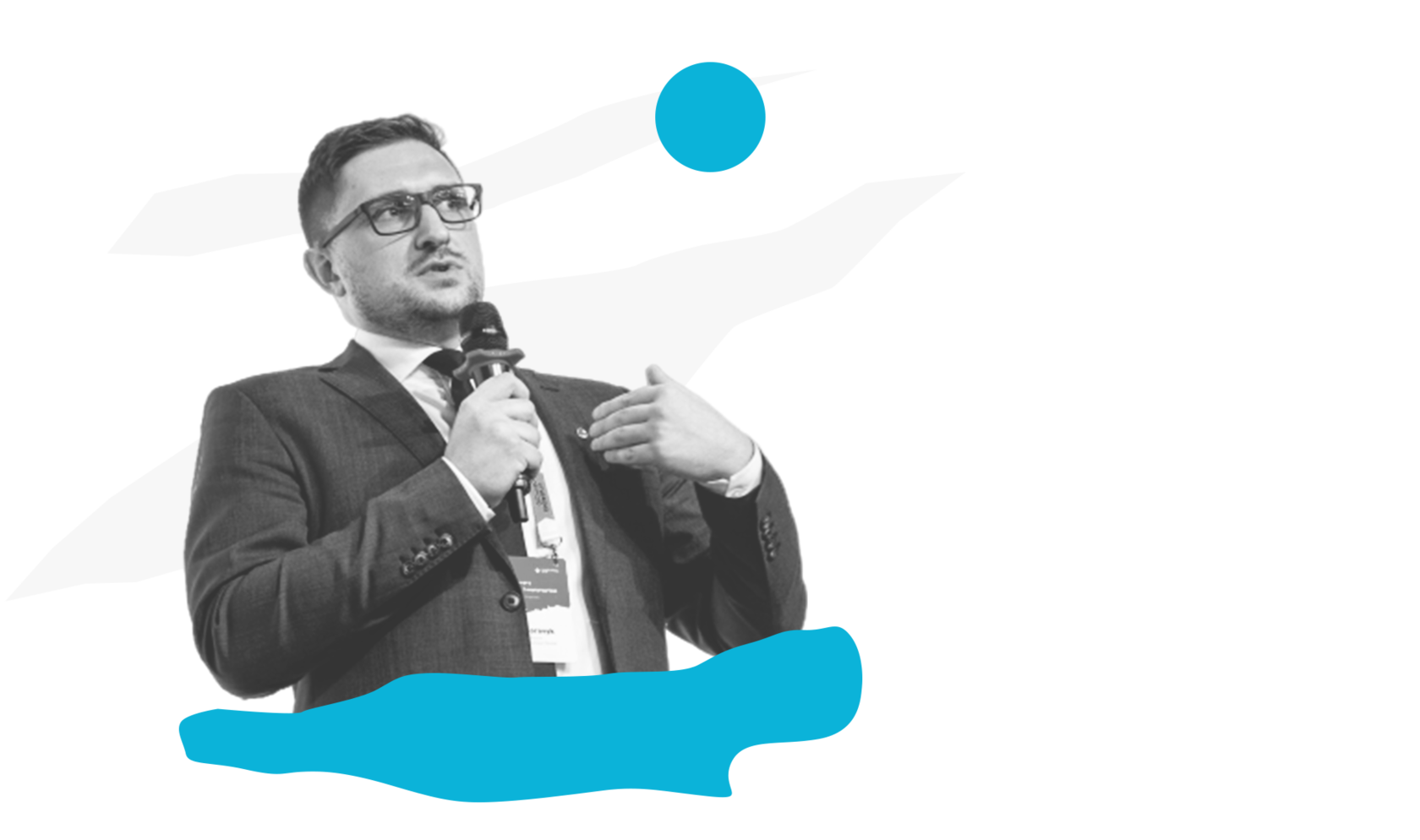Transparency International Ukraine. Annual report 2019







(except Vinnytsia, Volyn, Kherson, Cherkasy oblasts and
Autonomous Republic of Crimea)



32%
of local self-government bodies 8%



community.



In order for corruption intolerance to become intrinsically valuable to society, we will obviously have to go a long and difficult way. After all, when it comes to corrupt politicians, nearly two-thirds of society demands punishment. However, when it comes to ourselves, our own fear of being punished is a factor deterring less than 2% of people from engaging in corruption. It’s hardly believable because it looks too crazy – but it’s a fact.
In fact, the Minister, the Member of Parliament, the farmer, and the bus driver are no different from each other in terms of moral personality. Therefore, applying different measures of responsibility for corruption to the public officials and to
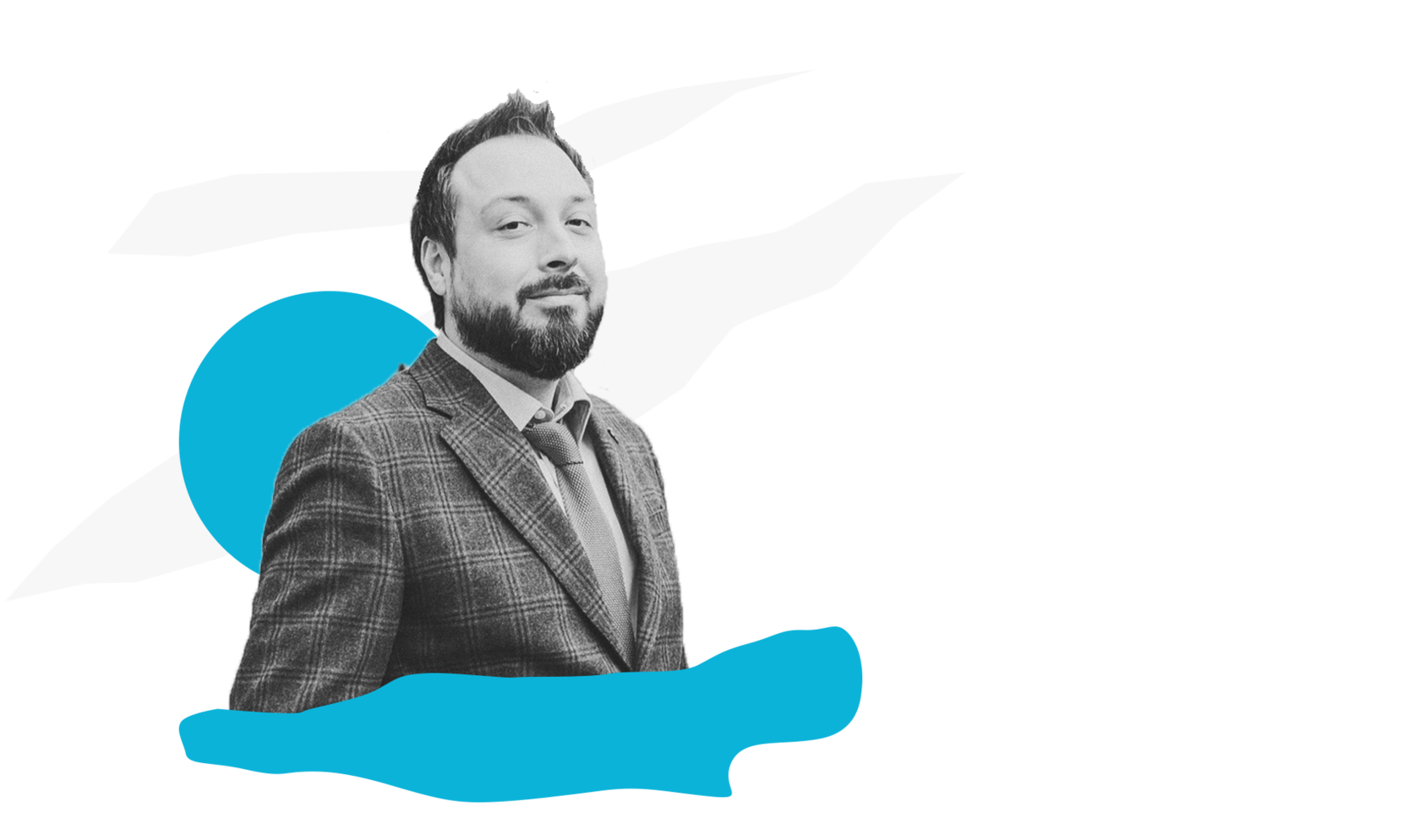
Getting out of the moral swamp and stepping on solid ground, we need to determine the institutional priorities for overcoming corruption. In my opinion, there are four most important priorities. The first priority is a fair system of redistribution of goods in society. The second is a fair and accessible justice system. The third priority is the end-to-end systems to ensure the value wholeness and integrity of public institutions (public integrity). And the fourth is to redirect the goals and incentives of state education, health, social protection and legal assistance to the development of human capital and responsible citizenship.
So far, Ukraine is riddled with corruption from the maternity hospital to the cemetery. However, next to the birth of the “creative class” we can observe the birth of the “virtuous class”: in business, in government, and in the public sector. I believe there are already a fair number of honest business people out there – even in the legal business! – paying taxes, paying no salaries in envelopes, and giving no bribes. Those who do not steal, do not oppress individuals and do not sell indulgences. Those in the public sector who does not do dubious business on foreign grants, adding legitimacy to corrupt authorities by their toothless position.
We, the TI Ukraine team, identify ourselves as part of the virtuous creative class and claim the role of an accelerator in combating systemic corruption and a platform to transform a circle of honest socially, economically and politically active people into the critical mass needed for irreversible change.
How exactly? If you imagine corruption as a living being, it is most frightened of three things: to be seen, to be unnecessary and to be punished. Our activities help corruption in Ukraine become this fearful creature. Read more in our report. But beware: if you read it, you, too, may want to become part of the anti-corruption struggle. After all, each line contains a generous helping of transparency and integrity.
Last year, we celebrated 5 years since receiving full accreditation of a member of the global Transparency International movement. Our 5th anniversary coincided with the full restart of the authorities after Yanukovych and his associates escaped. We held a conference “5 Years of Corruption Counteraction: Values and Practices”, where together with representatives of anti-corruption bodies and international partners, we discussed Ukraine’s achievements in the anti-corruption sphere in the years after the Revolution of Dignity, analyzed the challenges of our common anti-corruption path and identified the next strategic priorities.
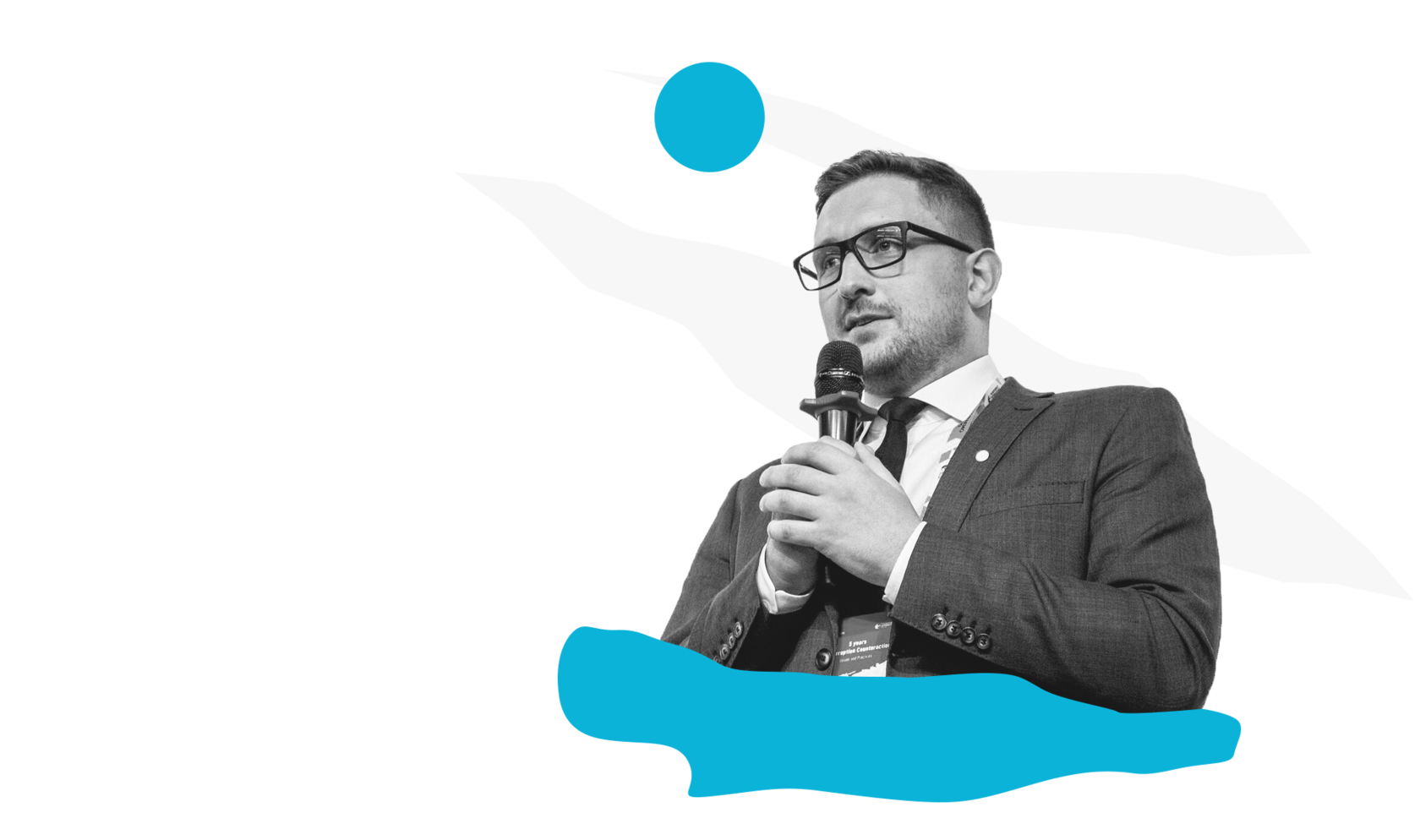
The first and biggest challenge for us was the presidential and parliamentary elections. In our advocacy efforts, we did our best to remain objective and equitable from all political parties, and have succeeded in it.
The second challenge has been the major structural changes in our organization, including at the highest level. It was my first year as the Executive Director. Political “turbulence” also affected the Board. Two board members who have played an active role in building the organization have decided to continue their professional life in politics. I must point out that this did not in any way affect our impartiality. The members of the organization have chosen a worthy replacement within the Board with useful experience for the organization.
Fourth, we have successfully continued to work in the regions and with the regions. We have released the second Transparency Ranking of 100 Ukrainian cities, and many city councils are focusing on this research today. International technical assistance projects use our transparency measurement methodology in their work, and local NGOs advocate local change.
And finally, it is worth mentioning our expert and advocacy activities. While the first half of the year was mostly calm in this aspect, the last four months proved to be more active than in the previous months. And all thanks to the “turbo mode” in the Verkhovna Rada and the increased activity of the new heads of state. We actively participated in the development, advocacy, correction and amendment of the draft laws and regulations, which were then adopted – on public procurement, leasing of state and municipal property, restarting the NACP, and the jurisdiction of the High Anti-Corruption Court. We plan to continue doing so, and to monitor their proper implementation.
In 2019, we again demonstrated that we are ready to contribute to the changes in the country. Not only were we involved in the drafting of the bills, but we were also directly responsible for taking part in the selection committees of representatives of the anti-corruption bodies and the prosecutor’s office. Our representative Kateryna Ryzhenko was the co-chair of the Selection Committee of the NAPC head. And I personally spent several weeks at the Prosecutor General’s Office, taking part in the cleansing the system of unscrupulous prosecutors.
At the same time, with the obvious progress in establishing state institutions and new tools to prevent corruption, we continued to promote the achievements of our country in various international formats. We have promoted not only Ukraine’s successes (ProZorro, ProZorro.Sale, anti-corruption infrastructure, electronic declarations, etc.), but also our organization’s achievements – DOZORRO public monitoring and oversight projects and Transparent Cities. By the way, there is a huge demand in the world for the exchange of such experience, including from the governments of other countries.
In 2020, we will continue to develop new areas of activity. In particular, focusing on plans for a new wave of privatization, we have started cooperation with the State Property Fund. There is simple logic: the less the state is involved in the economy, the less corruption is observed in enterprises. So next year, our organization will monitor, support and offer new tools for this process.
TI Ukraine will also start a new phase of measuring city transparency, but this time with a focus on practical results and benefits for citizens. You will see the Transparent Cities program catch a new breath. It will be even larger in scope and will further evaluate the effects of decentralization and advocate for citizen participation in local governance. Next year will be difficult in this regard, given the expected local elections.
In 2020, an updated Law on Public Procurement is coming into force, the Second Procurement Revolution will take place, so we will actively monitor this process. At the same time, new legislation on leasing state and municipal property will come into force this year. We are already preparing a DOZORRO.Sale project for civil society to control the use of the ProZorro.Sale system.
And finally, it is in 2020 that the first serious verdicts of the High Anti-Corruption Court on top corruption cases will be made. This is also a challenge, as the level of distrust in public bodies and courts in our society remains extremely high. Therefore, only in real cases, indisputable from the point of view of justice and the rule of law, will the Judges of the High Anti-Corruption Court be able to increase their credibility. And since TI Ukraine initially emphasized the need for such a court, its high-profile sentences and their correct clarification to society will be a challenge for us as well.
2020 has already shown that it will be difficult. Corruption in the judiciary, which if not eradicated would scare away foreign investors, questionable appointments in law enforcement agencies offset any populist slogans about the era of justice, attempts to pressure the anti-corruption authorities, deepen the collapse and the already weak system of checks and balances. These are some of the many challenges to our country’s development.
I am convinced that all these difficulties must be converted to new opportunities. And we know we will do everything we can to use them to minimize corruption and improve the lives of every Ukrainian citizen.
I believe that our organizational success is an integral part of the country’s success. I know that in 2020 our ambitions and, I hope, the ambitions of the government will only grow. And we can finally prove to the world that Ukrainians are able not only to create anti-corruption infrastructure and to prevent corruption through innovative solutions but also to provide justice through the punishment of those responsible for the offenses.
For 5 years, TI Ukraine has been involved in creating innovative services, tools and networks, helping to build anti-corruption infrastructure and legislation, change cities for the better, conduct powerful communication campaigns and share best practices with the world.
Open Government Partnership Senior Regional Coordinator
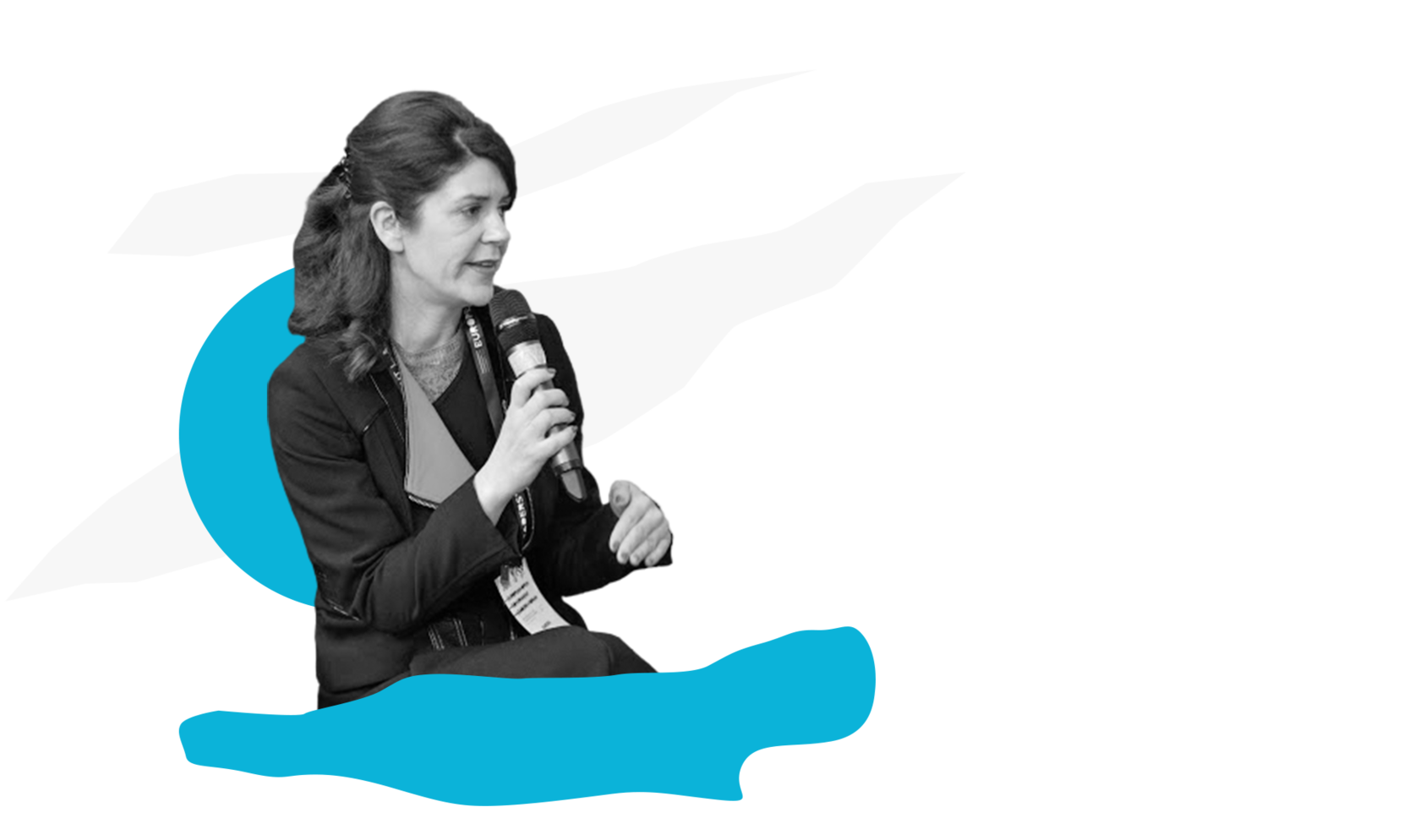
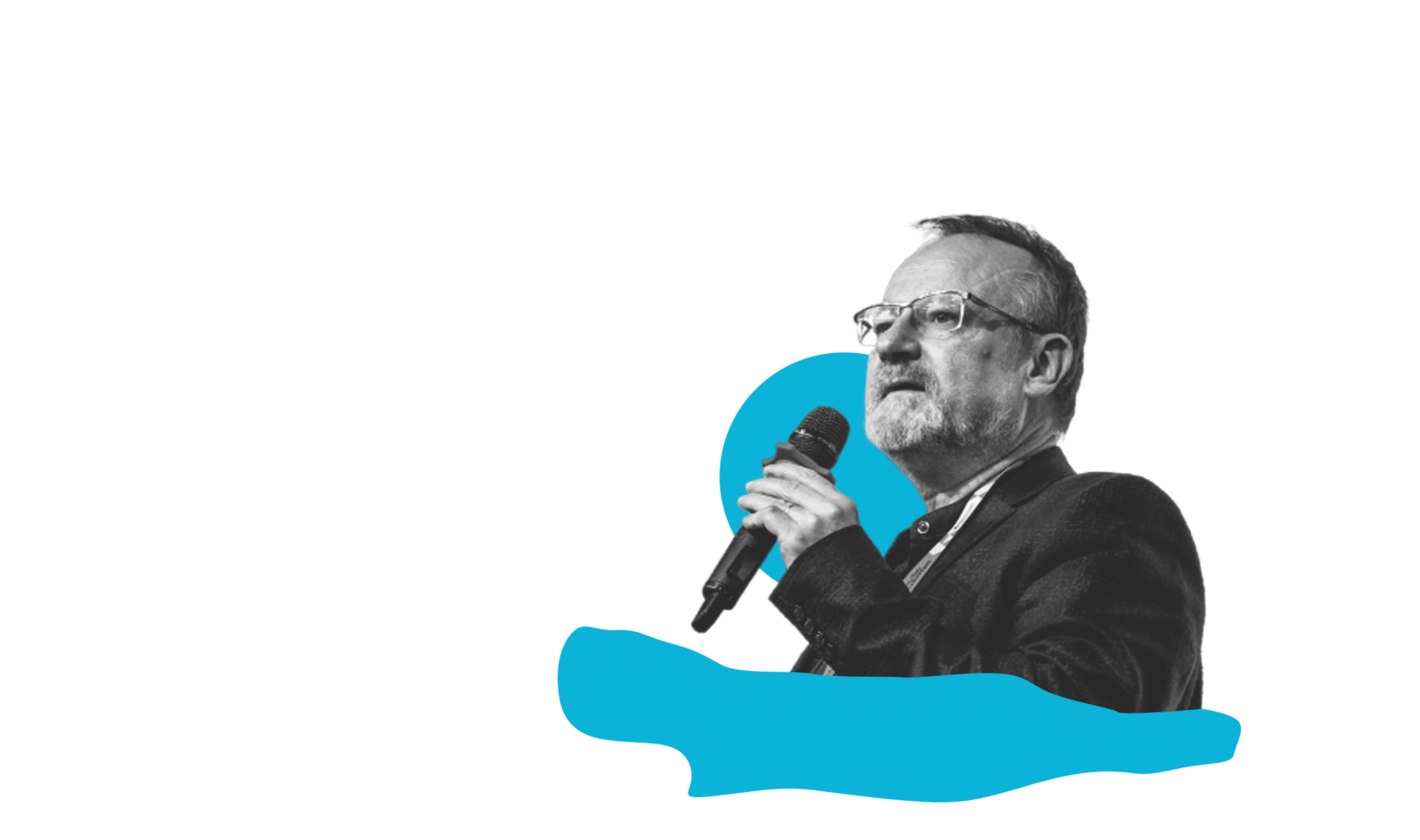
Editor-in-Chief of “Nashi Hroshi” website
Executive Director of TI Ukraine
